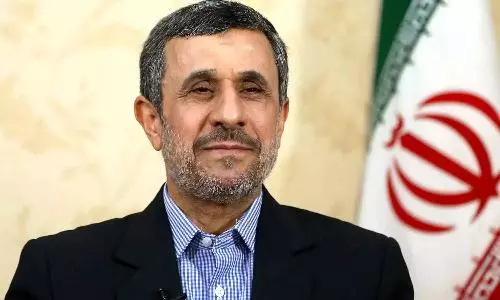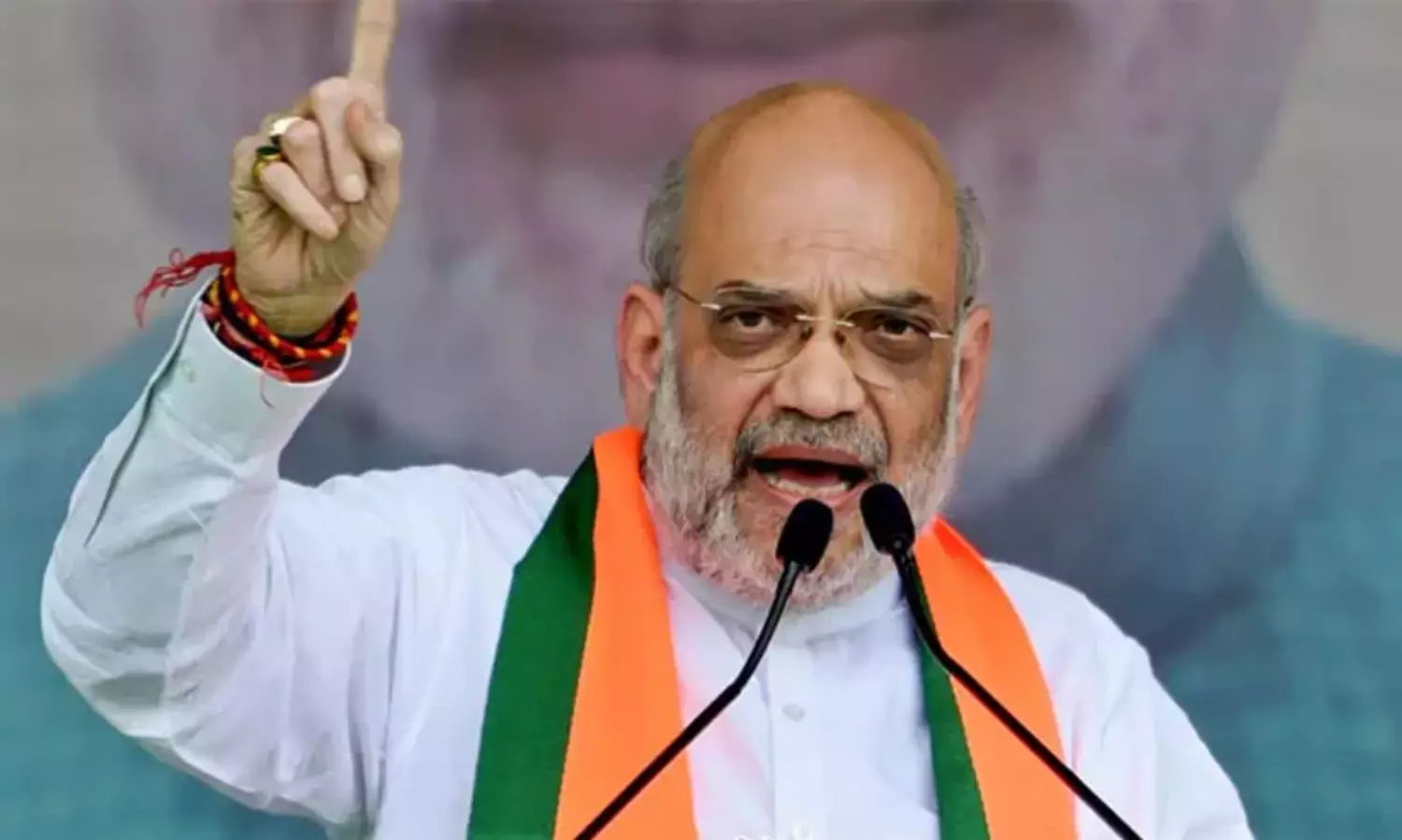
Tamil superstar Vijay speaks out against CAA; calls it "unacceptable"
text_fieldsChennai: Superstar Vijay from Tamil Nadu referred to the Citizenship (Amendment) Act as "unacceptable" on Monday and urged the state government to prevent its implementation.
The CAA seeks to provide citizenship to three neighbouring countries' oppressed minorities. After the central government published a notice in the gazette, the law went into effect yesterday.
In a news release, Vijay, who last month announced the formation of Tamizha Vetri Kazhagam, claimed that "divisive politics" is the reason behind the CAA's implementation.
"A law like the Citizenship (Amendment) Act, 2019 is not acceptable in an environment where citizens of the country live with social harmony. The Tamil Nadu government must assure that they will not implement the law in the state," he said.
Despite Vijay's political plunge ahead of the elections, his TVK party will not run in the Lok Sabha elections. He declared that his party's first electoral campaign will take place in the Tamil Nadu Assembly elections of 2026.
Similar sentiments were expressed by Kamal Haasan, another South movie star, who charged that the government was attempting to sow discord and ruin India's unity prior to elections.
"In its desperation to win the upcoming Lok Sabha elections, the BJP Government has hurriedly notified the Citizenship Amendment Act, on the eve of the elections. The timing of the notification is more questionable, considering the Supreme Court is determining the constitutional validity of this law," said Mr Haasan.
According to Mr Haasan, Makkal Needhi Maiam (MNM) was the first party to challenge the CAA in the Supreme Court and has "unwaveringly opposed the Act, legally and politically". "Those who try to divide our citizens on the basis of religion, language, and caste will get a reality check in the upcoming elections," he added.
MNM and the DMK will form an alliance to contest in the next Lok Sabha elections.
People from Bangladesh, Pakistan, and Afghanistan who came to India on or before December 31, 2014, to escape religious persecution, and who identify as members of the Hindu, Sikh, Buddhist, Parsi, Jain, or Christian communities, may be granted citizenship by the centre under the CAA. Muslims and Tamil refugees from Sri Lanka are excludedfrom this.

















